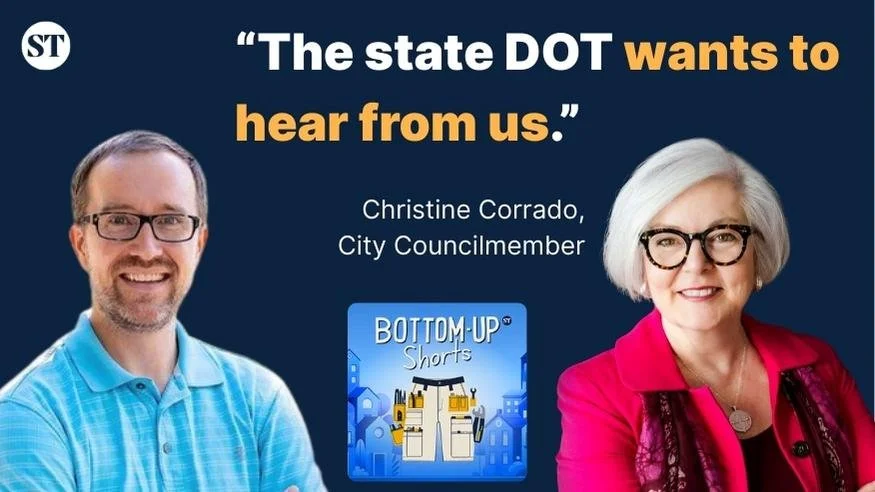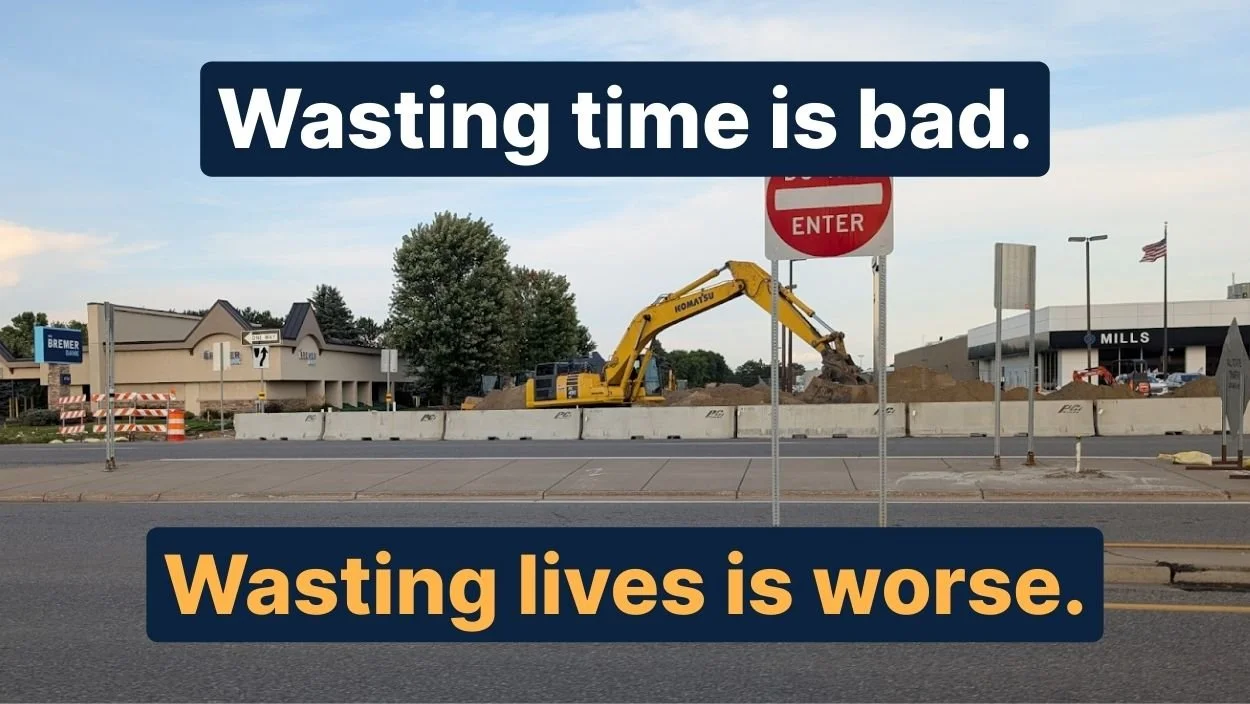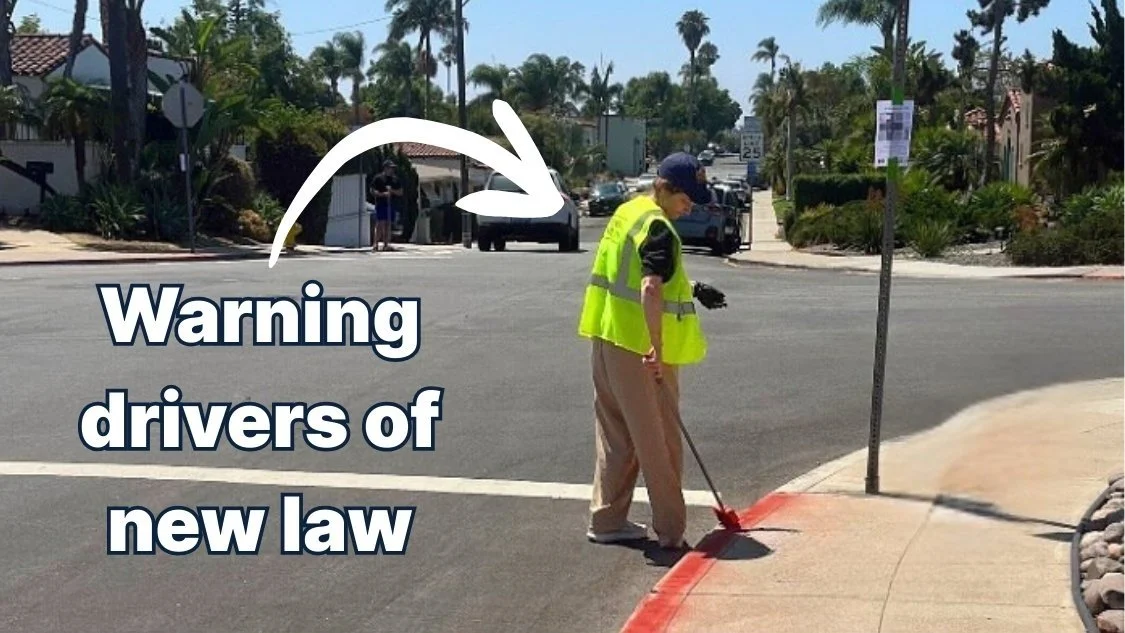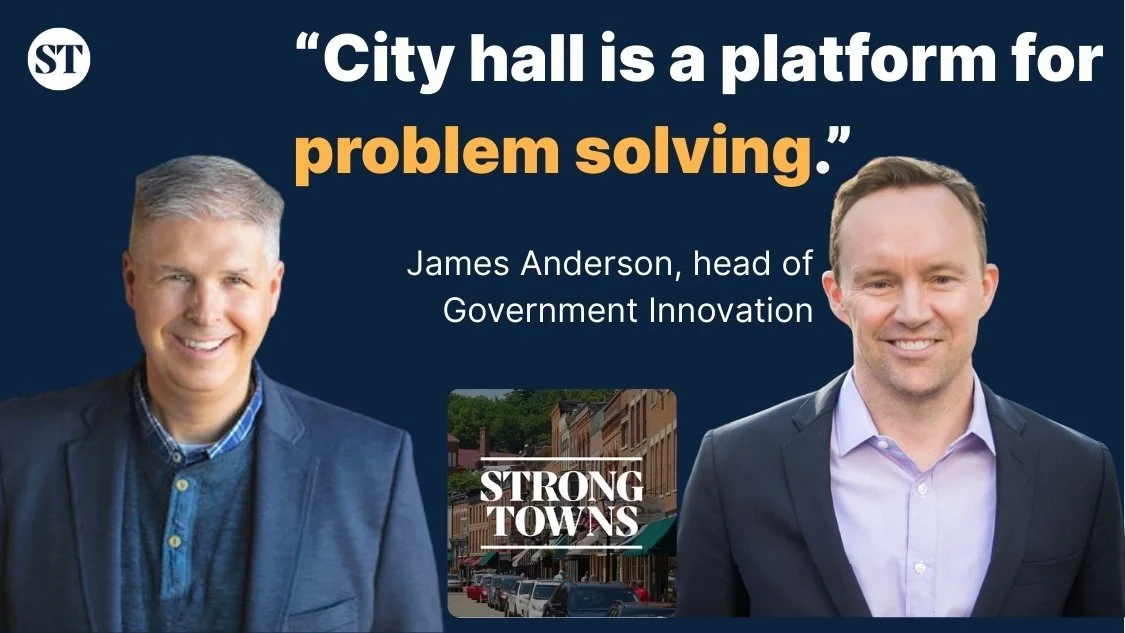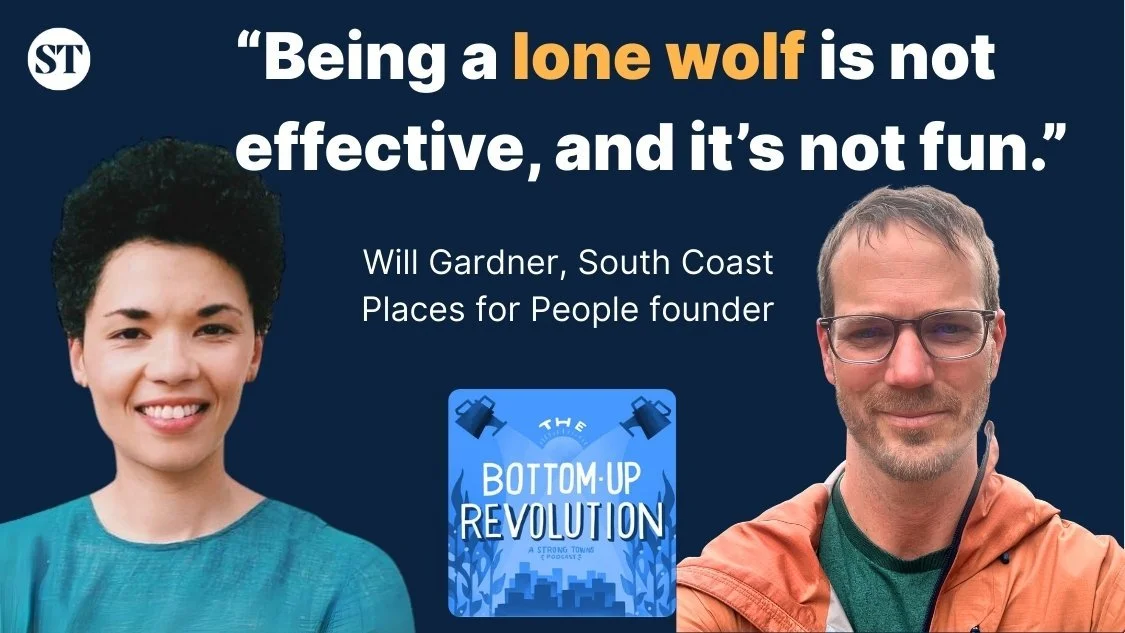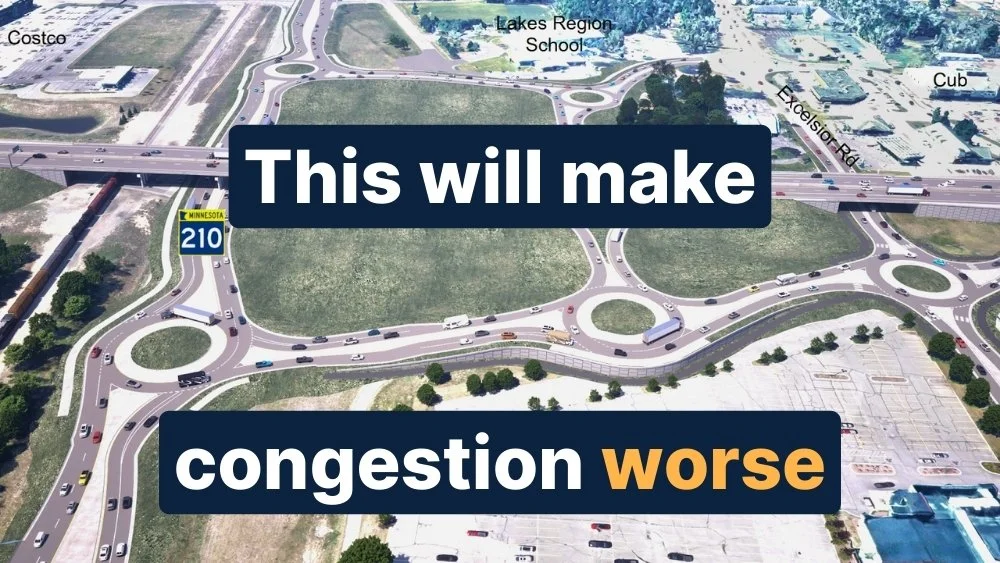You probably wouldn’t be able to tell these two buildings apart, yet their economic performance couldn’t be more different. A deep dive by geospatial firm Urban3 shows why that’s the case.
Read MoreChristine Corrado is a city councilmember and founder of Brighton Safe Streets for All. She and Norm discuss how she’s making the her community safer and more prosperous.
Read MoreWe could save lives for far less than $58 million, but only if safety were the true priority.
Read MorePortland’s regional government is giving communities the data and tools they need to make streets safer.
Read MoreSince California's new daylighting law was implemented, unsuspecting drivers have accumulated over $700,000 in fines. Local advocates are stepping up to change that.
Read MoreProfessor Jack Duncan is a professor of architecture and preservation at the College of Charleston. He explores how architecture, urbanism, and craftsmanship work together to make beautiful and resilient places.
Read MoreLate last month, a car smashed through a front porch along Park Avenue in Minneapolis — again. It’s time for the county to stop waiting and start acting.
Read MorePlaces are not static; they are dynamic. And sometimes, “for-awhile” uses can be the bridge that gets us from stagnation to vibrancy.
Read MoreToday, Chuck and Abby explore how mortgage fraud distorts the housing market — and why no one in the financial system is interested in stopping it.
Read MoreHere’s how Lafayette, Louisiana, went from a dying downtown to #6 in the country for outdoor dining.
Read MoreGioia Calabretta is a Local Conversation leader and Strong Towns staff member. She and Norm discuss a walk audit she recently participated in.
Read MoreJames Anderson leads the Government Innovation program at Bloomberg Philanthropies. Today, he explains how to help cities embrace an innovative, people-based approach to local governance.
Read MoreWhen cities attempt to prescribe the exact way a building must be used, they risk regulating away the very life of a place.
Read MoreWhat the Finance Decoder revealed about Fayetteville, Springdale, and Siloam Springs—through the eyes of a local Strong Towns member.
Read MoreWill Gardner is the founder of South Coast Places For People, a new nonprofit in Massachusetts. He discusses the three working groups his nonprofit recently started, which focus on parking reform, backyard cottages, and street safety.
Read MoreThe city of Artesia, California, has been struggling with a speeding problem. Instead of just blaming drivers, city staff teamed up with local advocates to address the root problem: the street design.
Read MoreAbby and guest John Pattison dive into the benefits and drawbacks of "sponge cities," cities that incorporate natural features like wetlands into their stormwater management infrastructure.
Read MoreJess and Dan Sollaccio are city commissioners and a small-scale developers from Warrenton, Oregon. They explain their asset-based mindset for strengthening their community, as well as their efforts to turn a vacant building into a community hub.
Read MoreIn Baxter, “fighting congestion” is the sales pitch, but corporate subsidy is the goal.
Read MoreA 66% decrease in crashes wasn’t enough to protect these traffic diverters, but the unified efforts of local advocacy groups and city officials might be.
Read More

